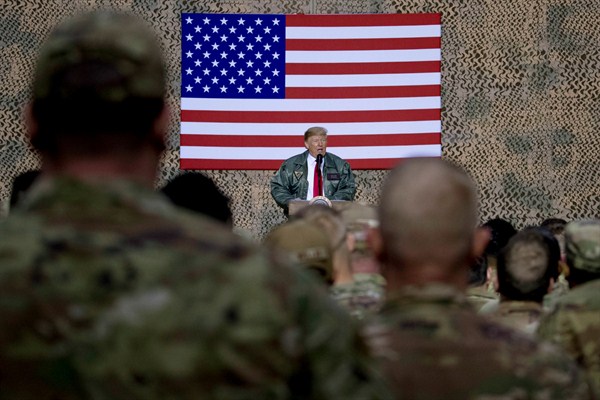Civil-military relations in the United States work smoothly most of the time. Whether senior military leaders personally agree with a president’s decisions and policies or not, they normally support them, at least publicly. In exchange, civilian leaders respect the authority of military leaders within their own professional domain, particularly on things like military discipline and order.
There have been times, though, when U.S. civil-military relations have been more troubled. In some cases, senior military leaders publicly disagreed with a president's positions or policies and were fired for it. President Harry Truman’s sacking of Gen. Douglas MacArthur over U.S. strategy in the Korean War is the best-known example. The notion of principled resignations by military officials to protest the decisions or actions of a president, while rare, is even more contentious. Some experts like Richard Kohn, a historian at the University of North Carolina, believe that it is a very bad idea that would upset civil-military relations and inject military leaders into the sort of policymaking role that the Constitution never intended.
Luckily, this has never happened on a wide scale, at least not yet. But it could. Civil-military relations rely on unwritten norms and principles—the very things that President Donald Trump has often abandoned. Trump’s willingness to trammel tradition, and his threats of radical action using U.S. military force, could upset the longstanding comity between the president and senior military leaders. While a series of principled resignations—a revolt by generals and admirals—remains unlikely, its chances are greater than they’ve ever been.

